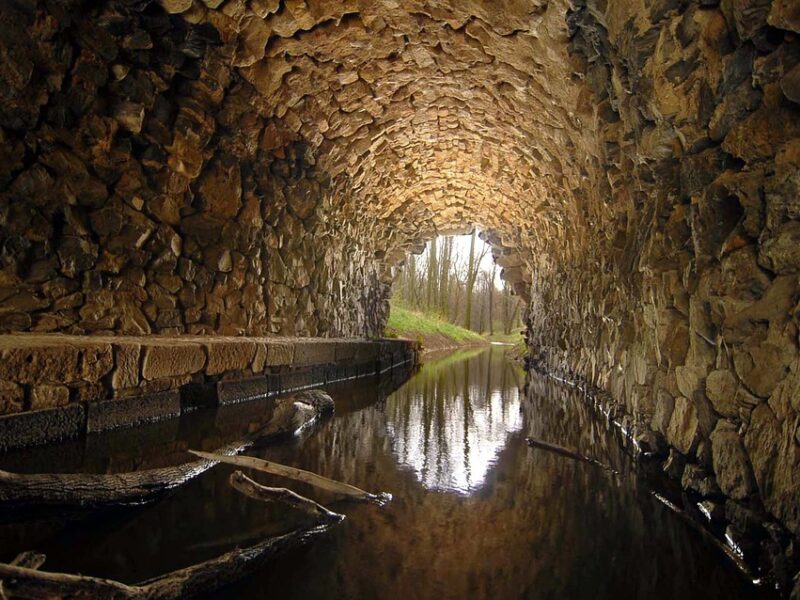Lead Pipes
Do You Have Lead Pipes in Your Home? Water mains in the UK are not…
Read more24 hr Emergency Callout

Blog
Walking the streets of London, many of us remain unaware of the expansive Victorian sewer system running beneath our feet. This sewer system is the engineering envy of the world and has kept our sewage running smoothly for hundreds of years.
However, the accessible amenities of modern society have meant we are flushing things down our drains that we shouldn’t be, such as wet wipes, sanitary items, fat, oil and grease. These items build up in the sewer and congeal together to form, what sewer authorities have named, a fatberg. These fatbergs block the drains, break pipes and cause localised flooding. Fatbergs are a problem not worth overlooking.
Every year, disgusting fatbergs are discovered in London’s sewers and it costs companies millions of pounds to remove them. Down in these extensive brick tunnels, man-power is the only tool available. Workers must employ spades, chemicals and high-pressure hoses to break up the congealed fatbergs into small enough pieces that the sewers are able to keep flowing. As they work in the dark tunnels, workers carry monitors that check for harmful levels of combustible gases. Nobody envies the job but it needs to be done and these brave souls are willing to do it to keep our lives up top running smoothly.
The good news is that a new company has found a way to turn these monstrous mounds of grease into valuable and green biofuel. The company leading the way are Argent Energy, a Green Fuel Manufacturer who are collecting fatbergs in the UK, transporting them to their processing plant and turning them into biodiesel. Argent Energy say they can make up to 90 million litres of biodiesel every year. That’s more than all the sustainable biodiesel used in the UK in 2016.
Restaurants also have a responsibility to dispose of their leftover fat, oil and grease responsibly. There are many companies helping to fight the problem by collecting used cooking oil in buckets and transporting it to plants to be turned into biodiesel. This saves the fat, oil and grease being washed down the drains where it will congeal and cause serious blockages.
So, you may be wondering how Argent Energy turn fatbergs into biodiesel. Well, I hope you have a strong stomach because it’s a rather disgusting process.
After collection, the fatberg is dumped into a pit and heated to liquify the fat, oil and grease. The mix is then pumped through filters and cleaners, known as the ‘cleaning process’, to rid the mixture of any water, debris, slime and sludge. All contaminants are stripped out and what remains is an extremely clean, usable oil. This clean oil typically makes up 25-40% of a fatberg.
Finally, other chemicals are added to the oil to turn it into biodiesel. Biodiesel is estimated to be 80% cleaner for the environment than regular diesel and Argent Energy are already producing 90 million litres of the stuff every year.
That’s not everything, Argent’s weekly delivery of 30 tonnes of fatberg comes from one single water treatment work in Birmingham. There are nearly 9,000 others in the UK!
The process is still very much in its infancy. However, if Argent Energy are successful in ridding their area of fatbergs and turning them into biodiesel, other plants could follow suit.
This biofuel is hopefully a turning point in the fatberg phenomenon but while it reduces the problem it doesn’t erase it. We all need to be more careful about how we dispose certain items. Oils and fats should not be poured down the sink but disposed of carefully alongside normal rubbish. Nothing plastic should ever be flushed down the toilet, including wet wipes (even if the packet says they are flushable – they aren’t!), sanitary items and condoms. Our sewers cannot handle the amount of rubbish we are washing down into the tunnels, so we can each do our part to help reduce the fatberg problem.
For information on how you can help reduce the problem, call Coastal Drains today!